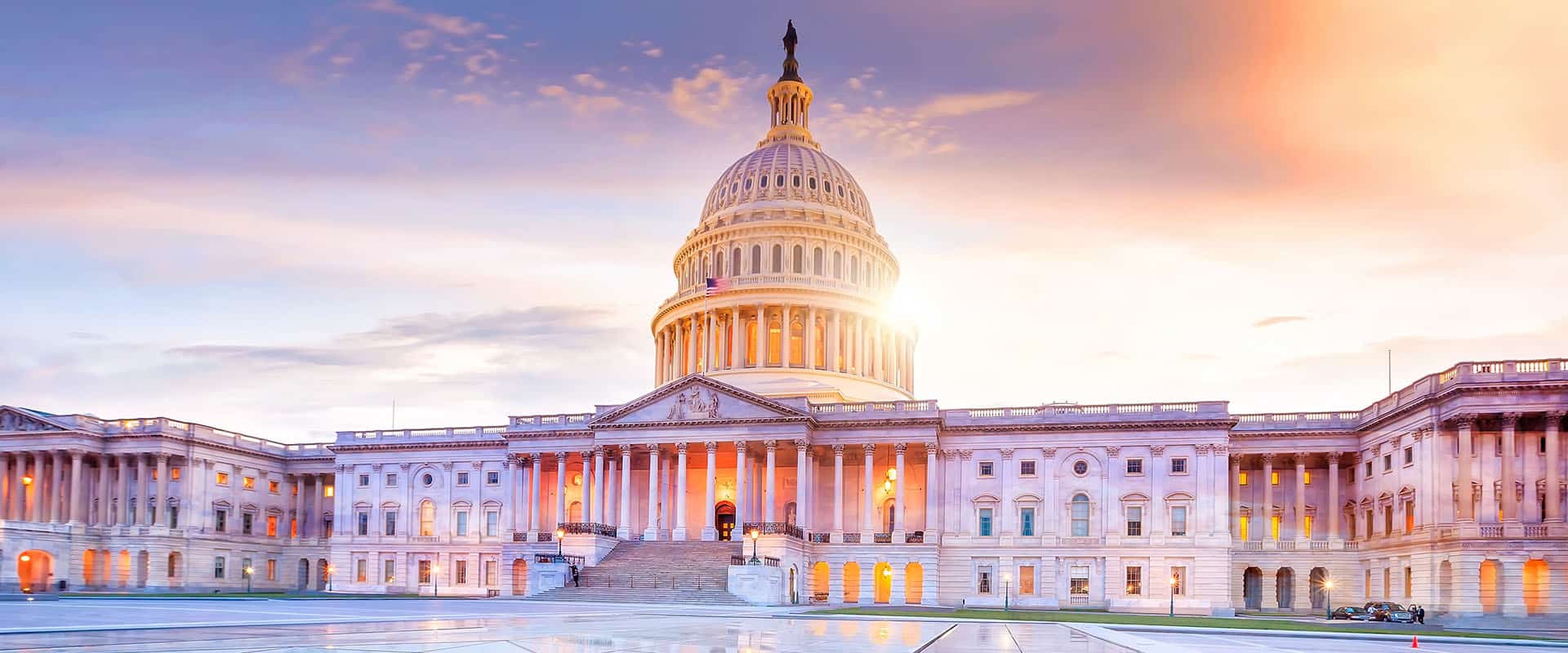The No Surprises Act—legislation designed to protect consumers against surprise medical billing in private insurance for most emergency and some instances of non-emergency care—was signed into law as part of the Consolidated Appropriations Act of 2021.
This act also includes requirements that uninsured and self-pay patients receive key information, including overviews of anticipated costs and details about their rights. An interim final rule was recently released that includes ambiguous language relative to the provider types that may be required to comply with the “good faith estimate” and dispute resolution language with regard to services provided to patients with no insurance.
The Academy is working with a coalition of similarly situated provider-types to seek additional clarity from federal regulators. If confirmed that the wide swath of provider-types are indeed subject to these provisions, the coalition will be seeking an exemption for small practices, enforcement delay, and greater transparency in subsequent regulatory proceedings.
Moving forward, the Academy will continue to provide additional updates.
Related Posts
CMS Issues Final Rule to Improve Access, Accountability, and Transparency in Medicaid Managed Care
The Centers for Medicare and Medicaid (CMS) recently issued a final rule aimed at improving access to care, accountability and transparency for the more than 70…
April 2024 State Legislative Update
In early April, as 19 state legislatures concluded their sessions for the year, a flurry of legislative activity marked the landscape, particularly in audiology and…
Medicare Advantage Plans Now Required to Inform Beneficiaries of Hearing Benefits
On April 4, 2024, the Centers for Medicare and Medicaid Services (CMS) issued a final rule that updates the Medicare Advantage Program for 2025. In…


